Send us a Message
- Destinations
- Tours
- By Destinations
- By Themes
- Suggested Combination
- Duration
- About Us
- Reviews
Often called “Ha Long Bay on land,” Ninh Binh is a breathtaking region of limestone mountains, winding rivers, and lush rice fields. Beyond its natural beauty, the area holds significant cultural and historical value with ancient temples and royal heritage sites. A journey here blends tranquil boat rides, cycling adventures, and spiritual discoveries.
Take a boat ride in Tam Coc or Trang An
Gliding along the Ngo Dong River in a traditional sampan boat is the quintessential Ninh Binh experience. Surrounded by rice fields and karst cliffs, the scenery is both peaceful and dramatic. Trang An, a UNESCO site, also offers magical cave passages that open up to hidden valleys.
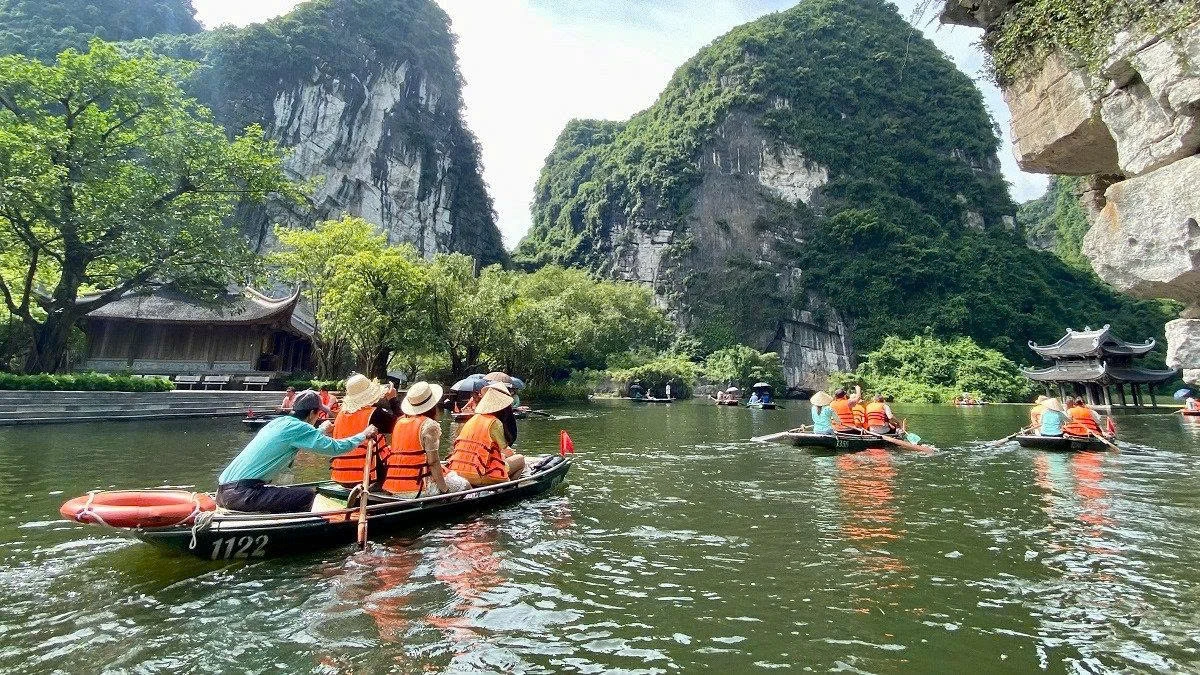
Climb to the top of Mua Cave Viewpoint
A steep stone staircase leads to one of Vietnam’s most rewarding views. From the Mua Cave viewpoint, the entire Tam Coc valley stretches out beneath you, dotted with rivers, fields, and limestone peaks. It’s especially stunning at sunset when the landscape glows golden.
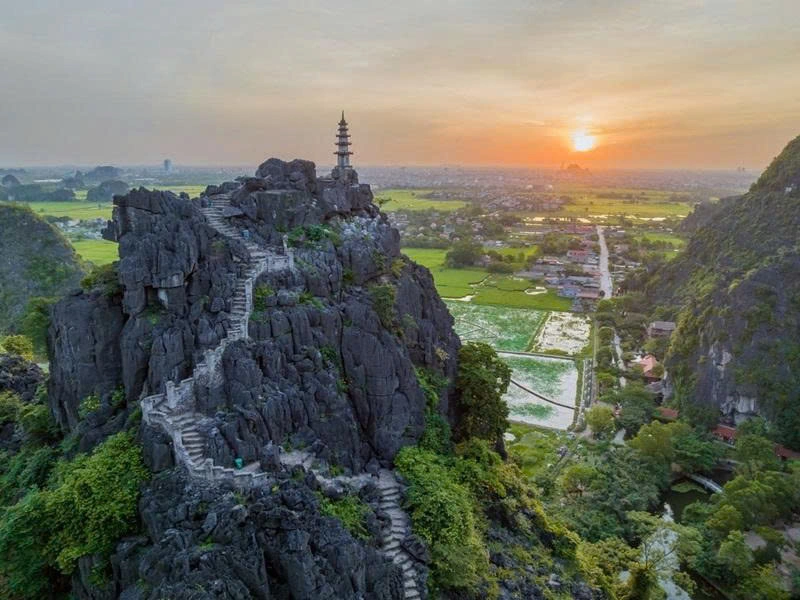
Cycle through rural villages and rice fields
Ninh Binh’s flat terrain makes cycling a perfect way to explore. Pedal past rice paddies, lotus ponds, and traditional houses while waving to friendly locals along the way. The fresh air and rural charm create a slow-paced and authentic travel experience.
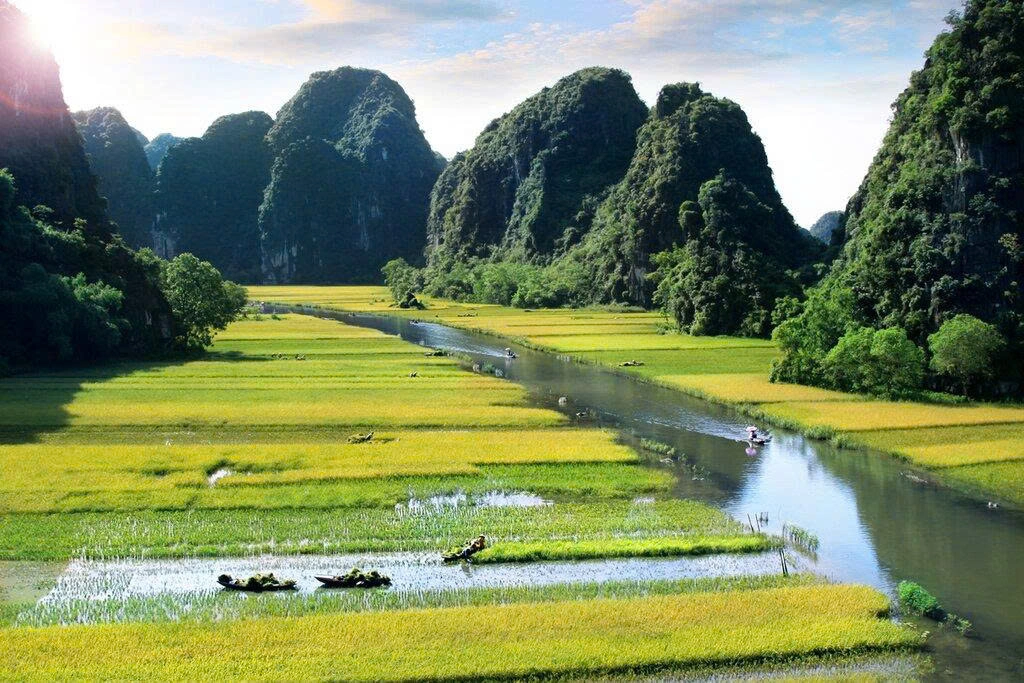
Visit the ancient capital of Hoa Lu
Once the capital of Vietnam in the 10th and 11th centuries, Hoa Lu holds remnants of an important era in the country’s history. Exploring its temples and stone gates provides a glimpse into the Dinh and Le dynasties. The site is surrounded by striking mountains, adding to its grandeur.
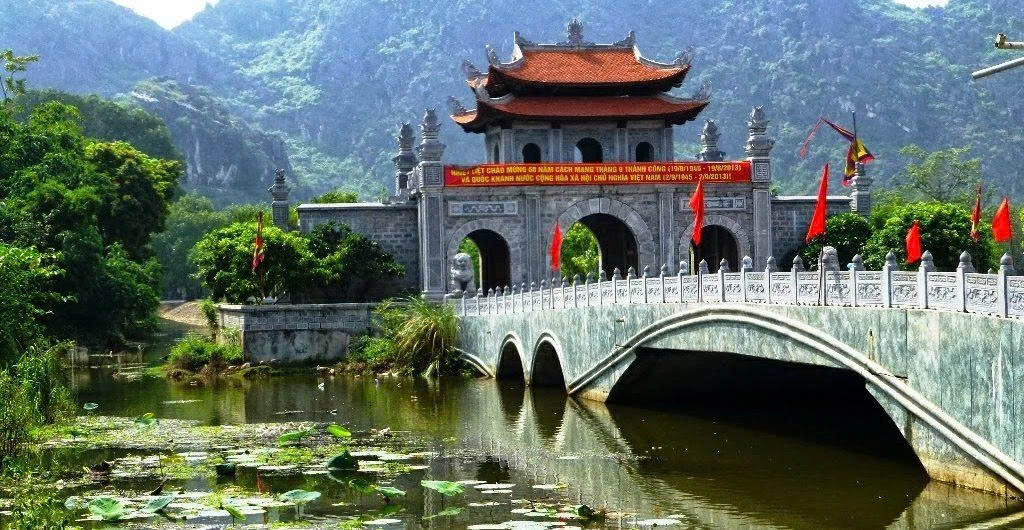
Discover Bai Dinh Pagoda
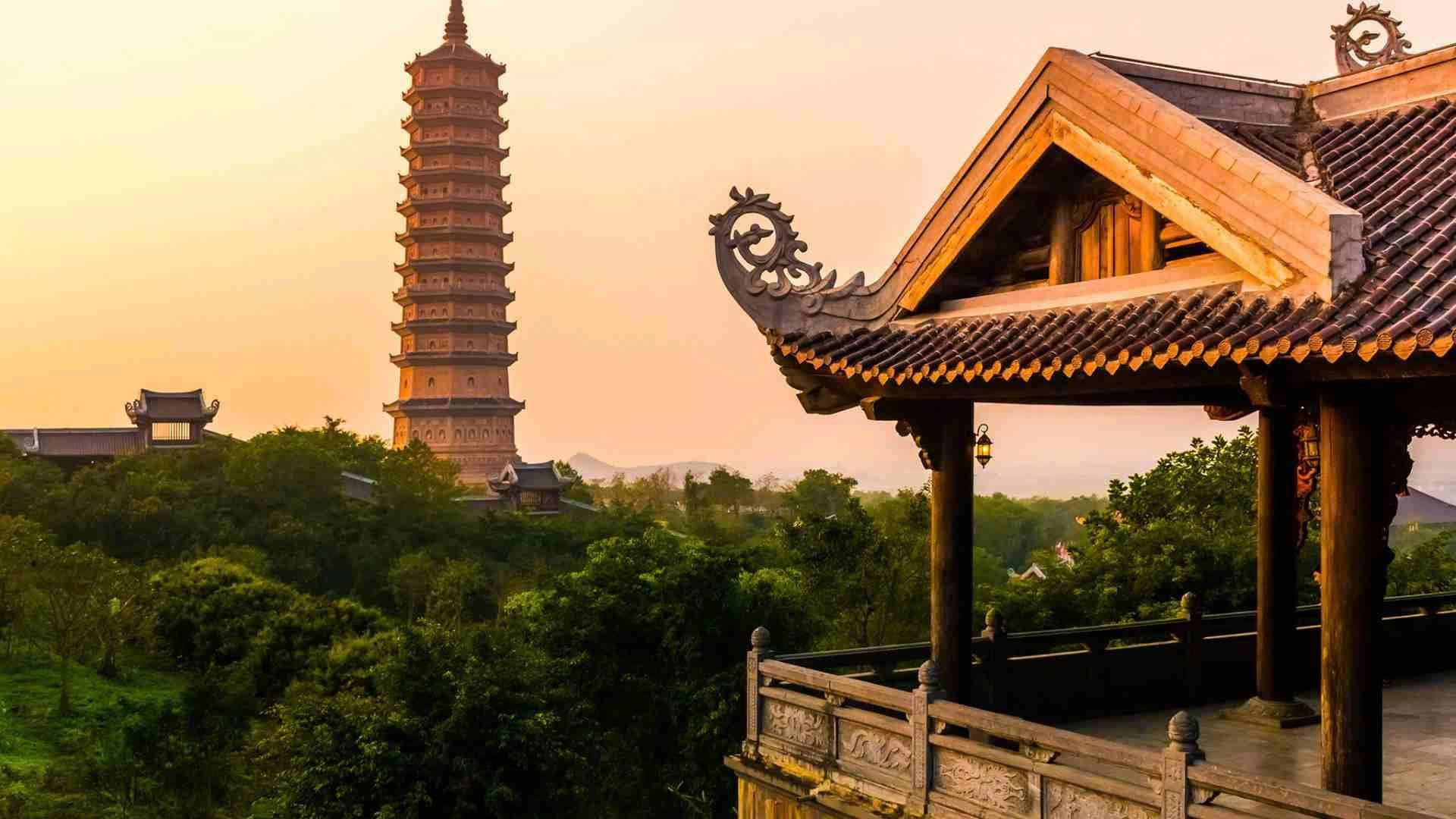
As the largest Buddhist complex in Vietnam, Bai Dinh impresses with its massive statues, grand halls, and peaceful courtyards. Pilgrims come from across the country to pray, while visitors marvel at its scale and spiritual atmosphere. The panoramic views from the top make the journey even more rewarding.
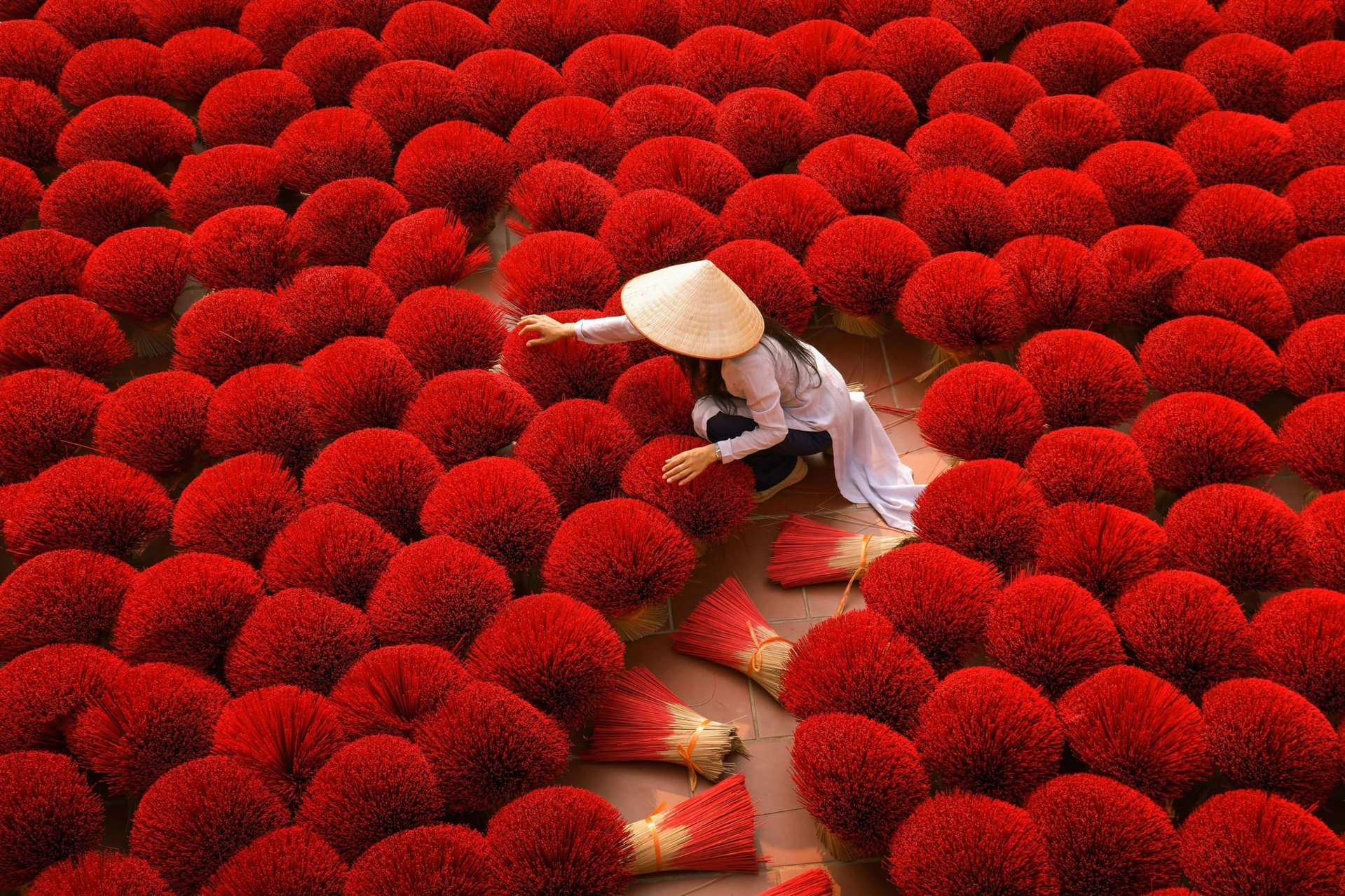
Vietnam is a country full of history, culture, and natural beauty, offering unforgettable experiences for every type of traveler. From bustling cities and ancient temples to serene countryside and pristine beaches, there is something for everyone. With careful planning, attention to local customs, and consideration for dietary or religious needs, Israeli travelers can enjoy a safe, enriching, and memorable journey.
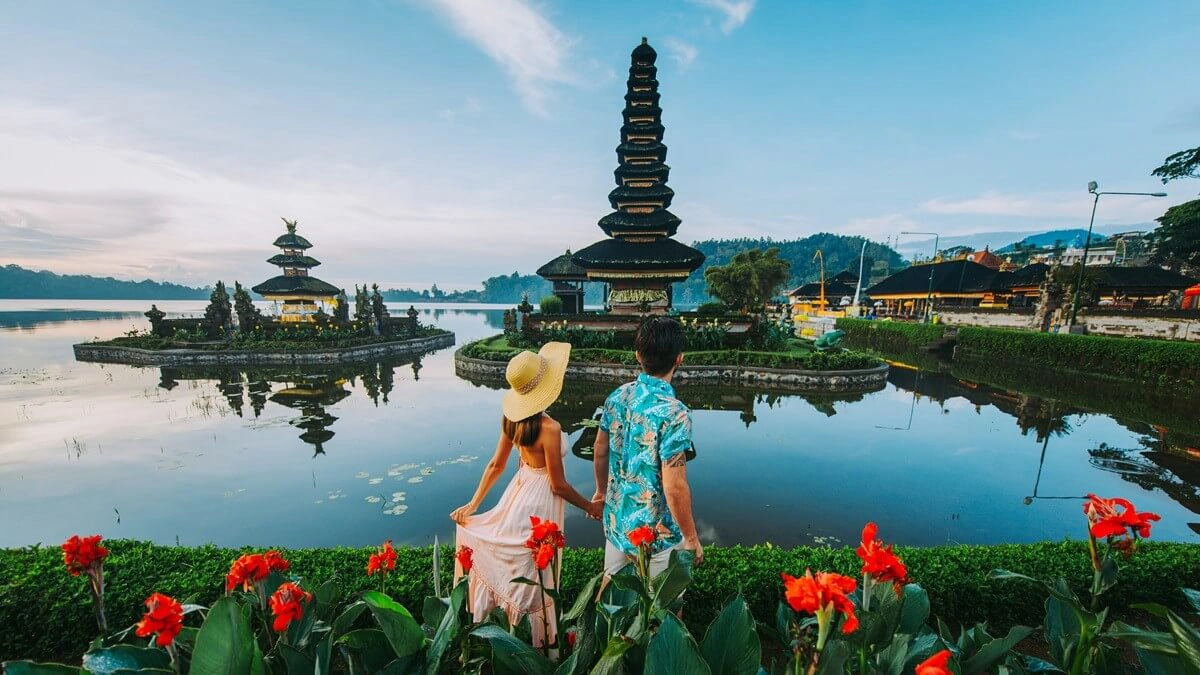
To enter Bali, travelers need a passport valid for 6 months; many nationalities get 30 days visa-free, while longer stays require a Visa on Arrival or e-visa. The island has a tropical climate with a dry season (Apr–Oct) ideal for beaches and festivals, and a wet season (Nov–Mar) with lush green landscapes. Cash in Indonesian Rupiah is essential for small expenses, though cards are accepted in larger venues, and transport mainly relies on taxis, ride-hailing apps, scooters, or private drivers. Visitors should respect local customs—dress modestly at temples, remove shoes in sacred spaces, and use the right hand when giving or receiving items.

Balinese cuisine is a vibrant reflection of the island’s culture, shaped by its Hindu heritage, fertile volcanic soils, and abundant spices. Meals are a harmonious balance of flavors spicy, savory, sweet, and aromatic—brought together through fresh herbs, coconut, peanuts, and chili-based spice pastes known as bumbu. Rice is the centerpiece of most meals, complemented by grilled meats, seafood, and an array of vegetable dishes. Many recipes are deeply rooted in ceremonial traditions, often served during temple festivals and family gatherings, making Balinese food not only a culinary delight but also a cultural journey.
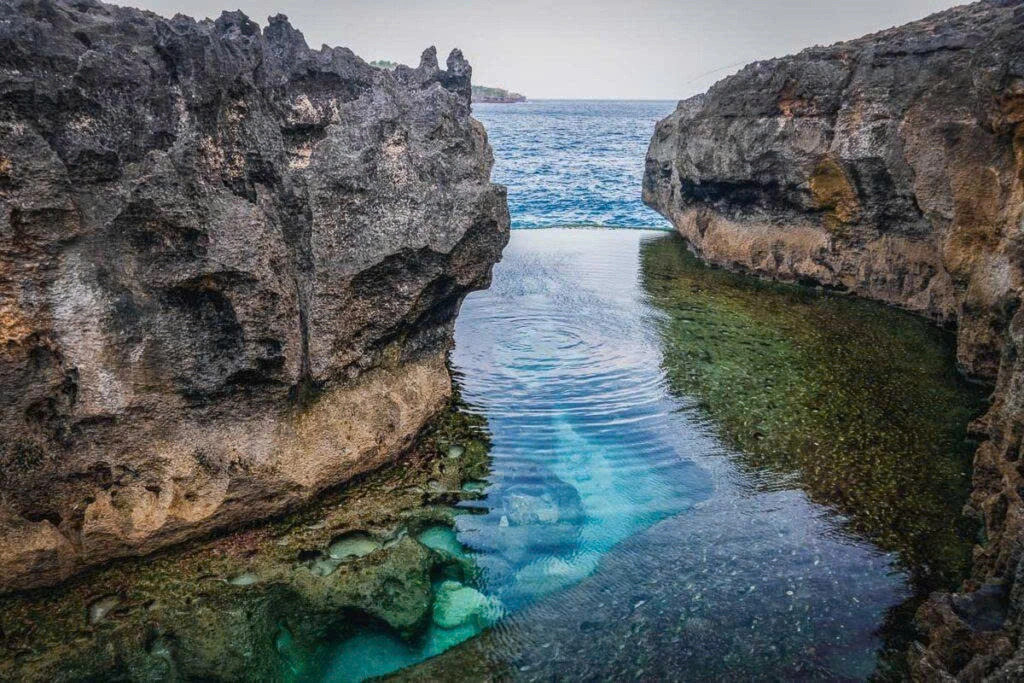
Nusa Penida is a stunning island off Bali’s southeast coast, famed for its rugged cliffs, crystal-clear waters, and dramatic landscapes. Highlights include Kelingking Beach with its dinosaur-shaped headland, Angel’s Billabong, and Broken Beach. Popular for snorkeling and diving, the island offers encounters with manta rays and vibrant coral reefs, making it a paradise for adventure and nature lovers.
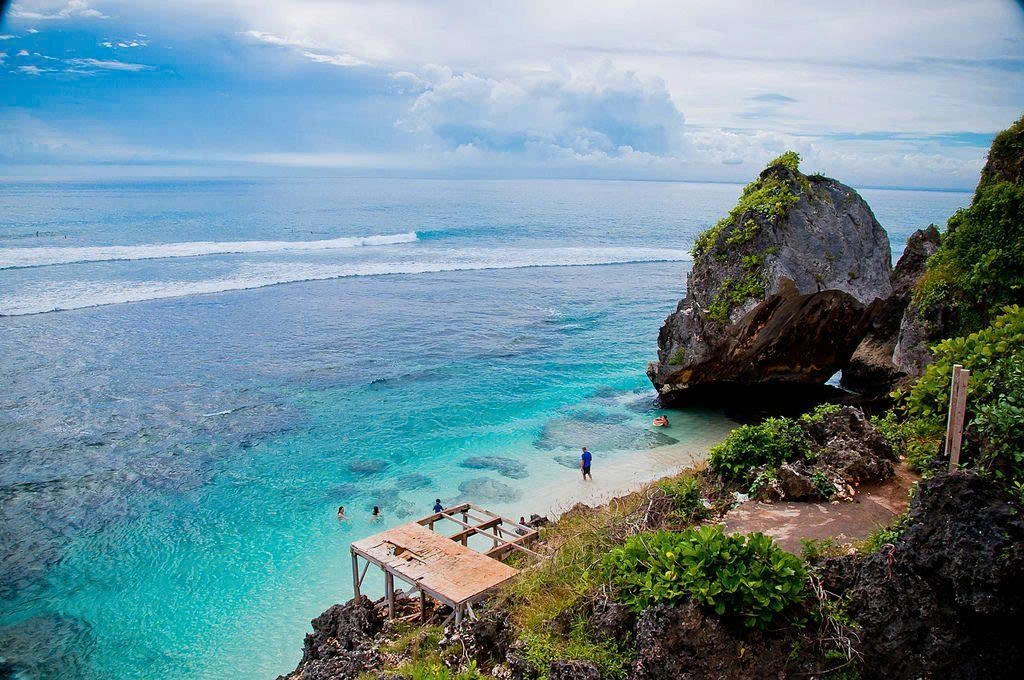
Uluwatu is renowned for its dramatic sea cliffs, world-class surf breaks, and breathtaking ocean views. At its heart lies the iconic Uluwatu Temple, perched high above the waves and famous for sunset Kecak dance performances. With luxury resorts, hidden beaches, and a relaxed coastal vibe, Uluwatu is a perfect blend of culture, adventure, and natural beauty.
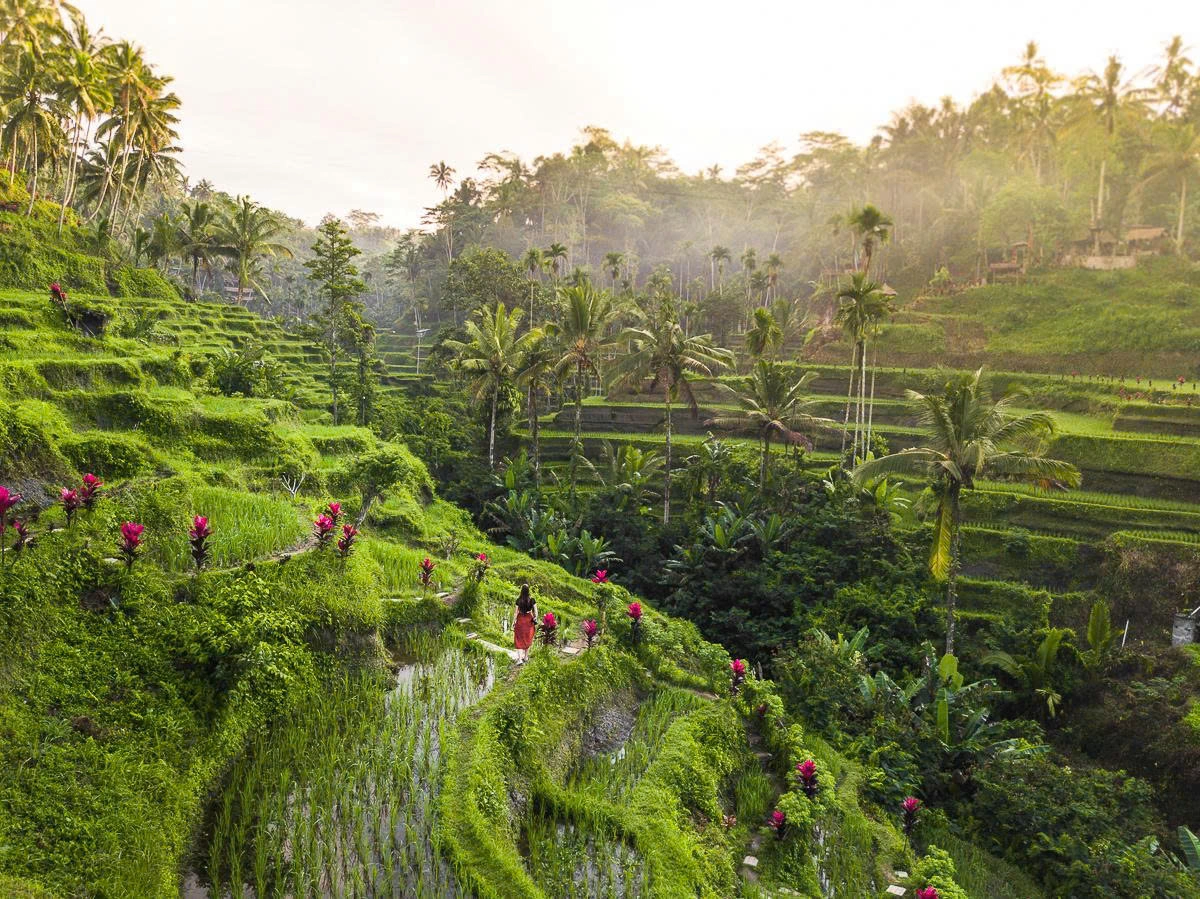
Ubud is the cultural and spiritual heart of Bali, surrounded by rice terraces, lush forests, and traditional villages. Known for its art, dance, and handicrafts, it’s also a hub for yoga, wellness, and spiritual retreats. With its temples, galleries, and serene landscapes, Ubud offers a deeper connection to Balinese heritage and nature.
Preparing for your upcoming trip to Asia?
Let us know what we can arrange for you!